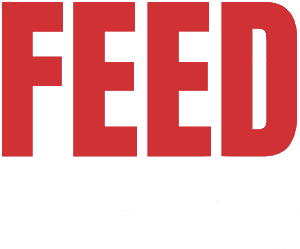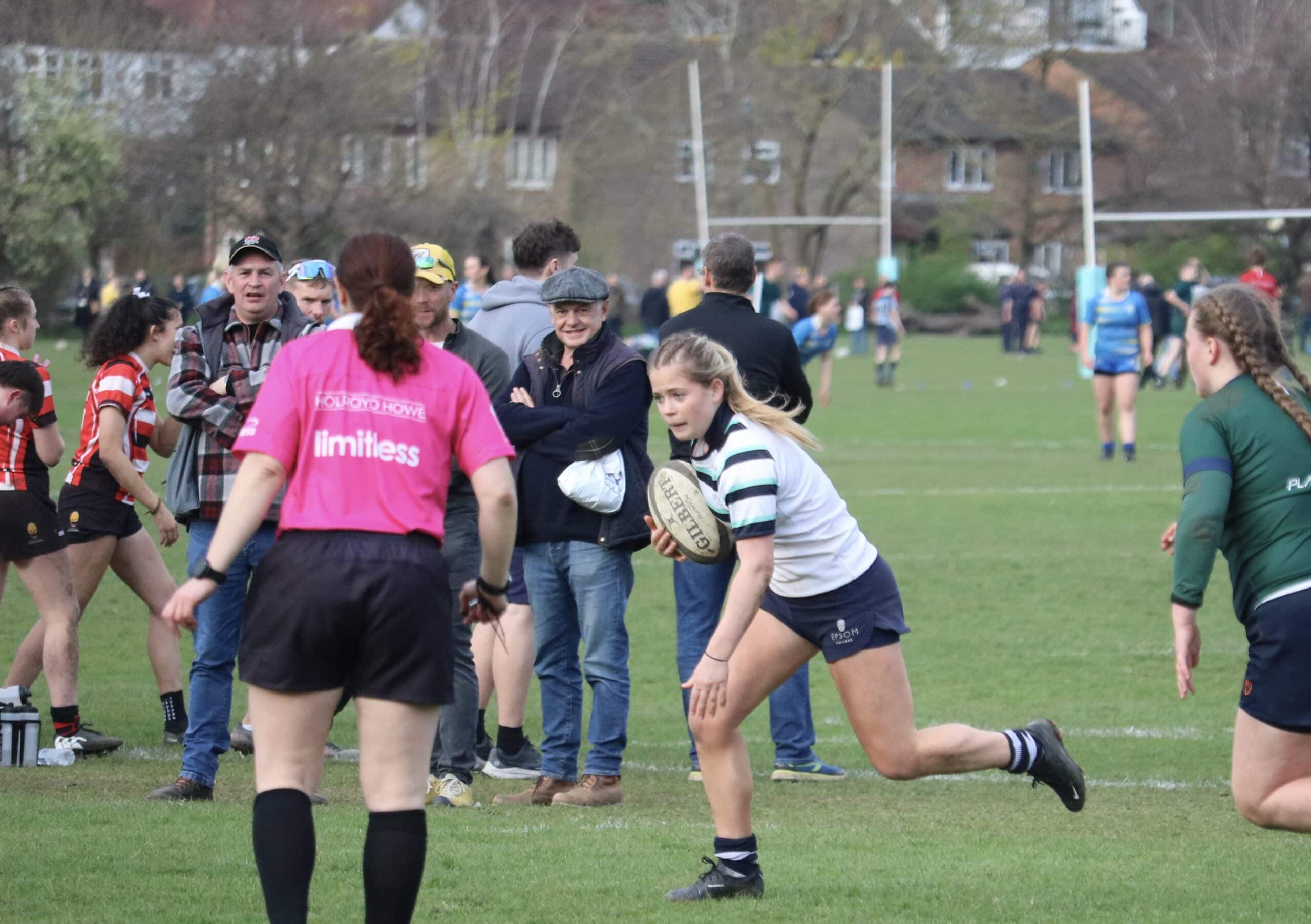💰 Since when did playing for pride need a payslip?
Two years ago, I wrote about the Ryder Cup’s unique place in sport—where “paid to play” is replaced by “play for pride and passion.” This week, U.S. captain Keegan Bradley faced the unenviable task of defending why each member of Team USA will pocket a $200,000 “stipend” in addition to the $300,000 charitable donation. The official line? “It’s about modernising the Ryder Cup.”
The trouble is, when Bradley tried to dress this up as progress, transparency went missing. The Ryder Cup’s magic lies precisely in what it isn’t: it’s not about money. It’s the one week when golf’s ultimate individuals shelve personal gain to become something greater than themselves—a team. Not a set of travelling LLCs.
But, as the old analogy goes, “If it walks like a duck, looks like a duck, and quacks like a duck… it’s a duck.” And let’s be honest: this $200,000 payment is a duck. Calling it “modernisation,” “progress,” or even “player welfare” insults the intelligence of fans and media alike.
Leadership demands authenticity, trust, and often moral courage — especially when the message is uncomfortable. Pretending this cheque represents enlightened evolution or charitable largesse, rather than straightforward payment patronises fans and media.
The Ryder Cup is the rare moment when golf’s mercenaries turn missionaries. It thrives on sacrifice, on the belief that—for three days—players care more about each other than their bank accounts. Add in a stipend behind an opaque rationale and that myth begins to wobble.
If the PGA of America truly wanted to “modernise,” they could start with honesty. Say it plainly: “Yes, players are being paid. Yes, it’s a duck. But we believe they deserve it.” Fans may not agree, but at least it wouldn’t reek of spin. Instead The Ryder Cup risks waddling into a pond and diluting some of the magic that makes it golf’s most emotionally charged event.
Because if it looks like money, sounds like money, and lands in your account like money—it isn’t modernisation. It’s money.



